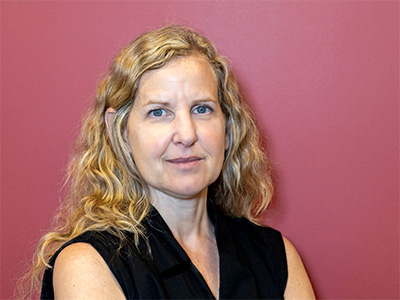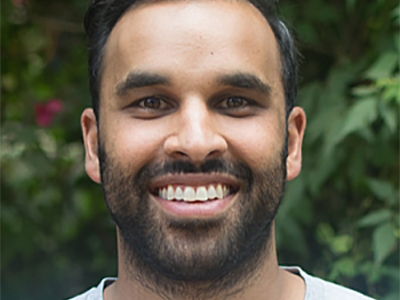Today, around 500 million farmers live on less than two hectares. These smallholders generate between 30-34% of the global food supply and thus play a key role in improving food security, protecting crop and biological variety and ensuring the sustainable intensification of agricultural systems. Small-scale farmers face significant challenges, including competition for water and reliance on unpredictable rain to grow food.
Additionally, weather-related disasters – such as floods, droughts, and heat waves – are increasing in frequency and intensity. As a result, over 400 million people are expected to be vulnerable to yield losses under climate change, requiring urgent adaptation action. The Global Commission on Adaptation (2019) and Malabo Montpellier Report (2019) highlight the urgency for innovative water and renewable energy solutions to transform agricultural production systems amid a changing climate. Now in the face of global pandemic, enhancing the resilience of farming communities to shocks and stresses while providing water, food and nutrition security has never been more important.
The World Food Program indicates that additionally 130 million lives and livelihoods will be at risk. Aside from the challenges rural populations face in terms of safe and clean water access, national response and mitigation measures may indirectly cause market disruptions that impact food and nutrition security. These negative impacts enforce the urgency to increase multiple-purpose water access and local community resilience.
Farmer-led irrigation development (FLI) has the potential to sustainably and effectively improve the lives of small-scale farmers. It may also pave the way for economic growth, improved livelihoods, and increased food and nutrition security – while supporting the transformation of food systems toward more efficient, sustainable, and climate resilient production. Recently, the African Union identified FLI as one of the four pathways to support Comprehensive Africa Agriculture Development Programme (CAADP) and the Agenda 2063 objectives.
What is farmer-led irrigation development (FLI)?
Farmer-led irrigation is when farmers drive the establishment, improvement, and/or expansion of irrigated agriculture – and influence the location, purpose, and design of irrigation development through small-scale, on-farm, and locally relevant solutions.
Farmer-led irrigation is built on the belief that farmers should have agency and autonomy over decision making related to irrigation development and implementation. It is a cost-effective and scalable agricultural water management solution.
However, scaling up farmer-led irrigation development requires addressing challenges such as underdeveloped irrigation supply chains and services, and agricultural value chains for irrigated commodities and high value crops, high upfront costs and lack of access to finance, gender gaps in access to and benefits from FLI and limitations in water resource governance.
Series of interactive webinars on FLI
Conscious of the need to come together to solve these challenges, the International Water Management Institute (IWMI), the World Bank, the Daugherty Water for Food Global Institute, and the Global Water Partnership will host a series of interactive webinars on accelerating farmer-led irrigation development. The virtual mini-series will explore key issues and next steps for operationalizing sustainable and FLI scale-up. The webinars are geared toward practitioners, policy makers, the private sector, and researchers interested in advancing FLI globally.
The farmer-led irrigation development webinar series will feature diverse stakeholders – including innovators, thinkers, and doers. The webinars will provide an innovative platform to enable collective learning about innovative cases, successes, and challenges associated with farmer-led irrigation development.
Session 1
Accelerating FLI and reaching scale: Key considerations
11th of June at 9:00 am Washington DC/13:00 UTC /15:00 Rome/18:30 Delhi
The first session aims to:
- Generate a common understanding of challenges and opportunities in scaling and sustainable FLI with public and private sector;
- Discuss the potential for new concepts and solutions to overcome systemic barriers and accelerate FLI;
- Discuss successful and innovative financial modalities and business models to enhance social cohesion and strengthen irrigation supply chains.









